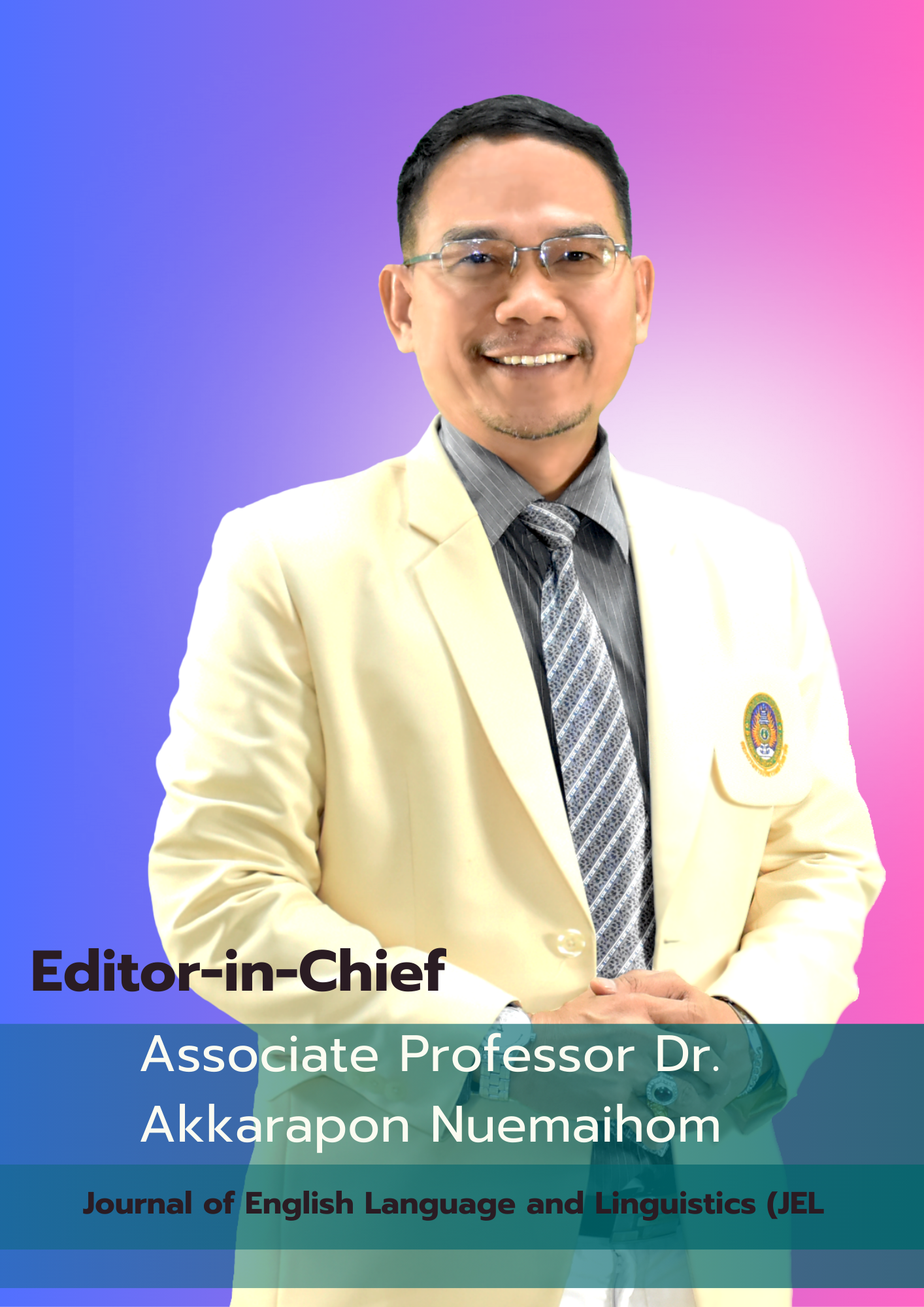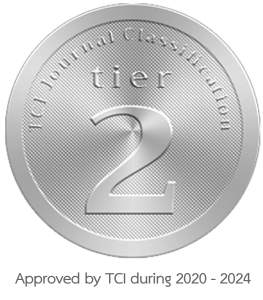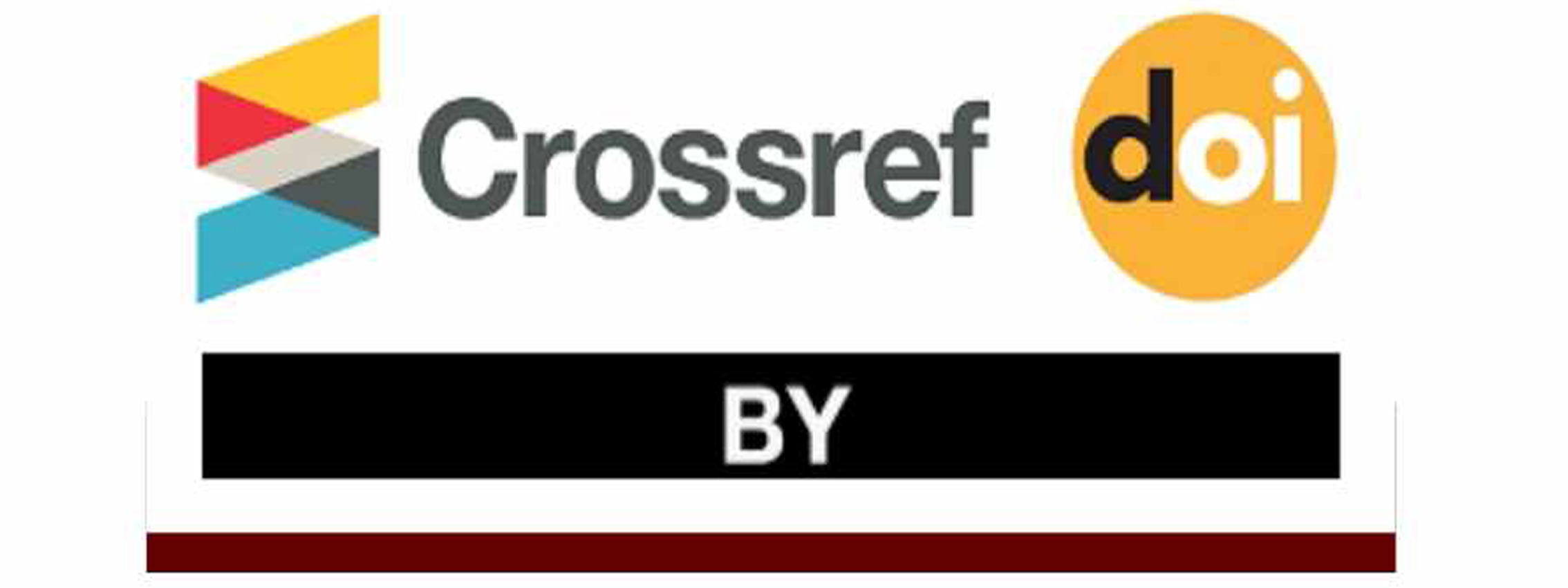English Language Teachers’ Knowledge of SDGs and their Attitudes towards Incorporating SDGs in ELT in Myanmar
DOI:
https://doi.org/10.14456/jel.2023.2Keywords:
Attitudes, English Teachers, Knowledge, Myanmar, Sustainable development goalsAbstract
Numerous activities related to Sustainable Development Goals (SDGs) have been implemented by governments, development partners, civil society and university networks since 2000. In view of the preparations for the post 2015 education agenda, key stakeholders participated in global consultations and conferences that UNESCO organised to address the issues. At the regional level, UNESCO has been supporting the efforts of member countries by promoting a culture of patience, understanding and peace in formal and non-formal educational systems. The scope of involvement for peace education and democracy will be broadened by ensuring the integration in the national sector policy documents, learning/ training, curricula, teacher training and socio-cultural environment to mainstream peace education and conflict prevention and preparedness in the education strategic plans. The references will have been used in various countries, targeting different thematic areas. Thus, EFL teachers are currently also teaching literature with respect for all SDG 4 goal with the objective of strengthening educational responses to reduce poverty, within the nation-state and promote respect for all. Learners today are required to develop a comprehensive understanding of local, national, and global challenges, so that they can influence the political, social, cultural, economic, and environmental development both in their societies and their personal lives. This study discusses achieving the Sustainable Development Goals (SDGs) in Myanmar in the post-pandemic era, with a particular focus on knowledge and attitudes of English teachers. A very good level of knowledge among teachers is limited to some topics, such as the Greenhouse effect (78.95%) and Resilience (10.53%), which may be better known due to wider media coverage. Sustainability issues are not yet considered as a shared responsibility, as teaching in designated hours was often suggested. The commitment of Myanmar teachers and universities to a stronger integration of sustainability issues into educational programmes still needs to be improved. A change of perspective is urgently needed, whereby sustainability education should be seen as a collective responsibility. As a result, there is a strong need for a forward-looking agenda that will complete the quality education while going beyond the current goals. A future education agenda must explore how education systems should adapt to tackle new challenges and contribute to peace and sustainable development.


















